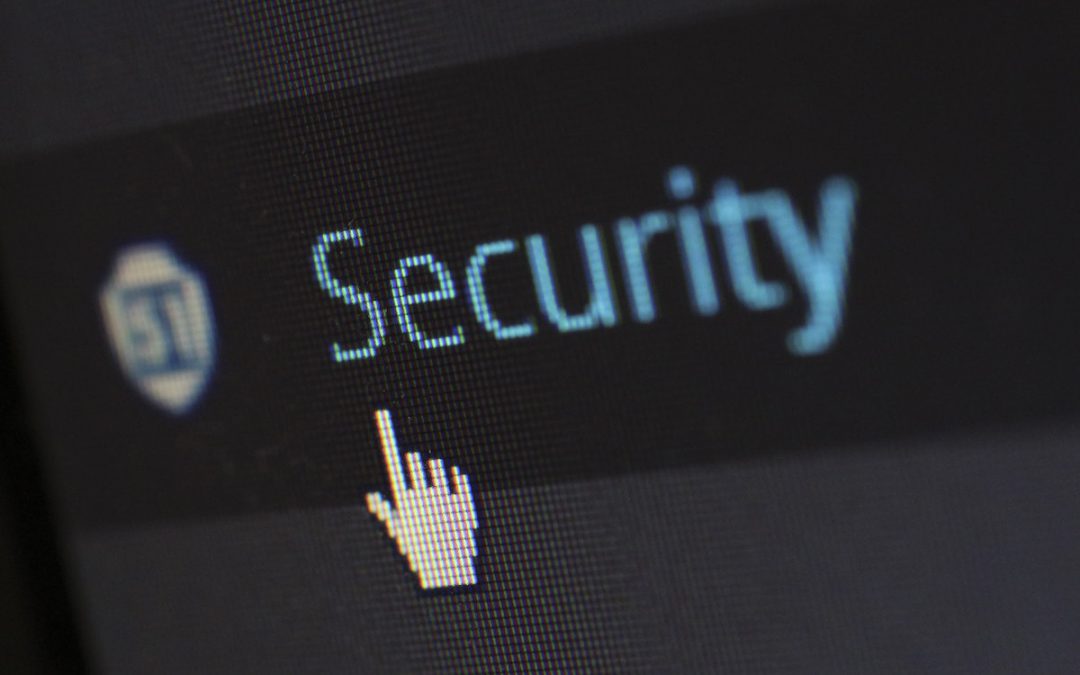Data Collection Runs Deep and Wide in Complex World of Travel
Due to the complex nature of travel, the amount of personal data collected is large. Birth dates, Social Security numbers, credit card information; the list goes on and on. This makes data security in the travel industry incredibly important and is a heavy burden for all companies involved. One small slip can impact hundreds of millions of people in very real ways. Take the recent Marriott hack for example. By gaining access to Marriott’s reservation system, hackers were able to gain access to the data of more than 500 million people. The full effects of this hack likely won’t be felt for years. It shows that no company is too big to get hacked.

Data Breaches Are More Common Than Ever
If it seemed like more organizations disclosed data breaches last year than ever before, it is because more did. At 1,579, the number of publicly disclosed breaches in 2017 was 44.7% higher than the 1,091 disclosed in 2016. While that number may seem staggeringly large, it is smaller than the 4.8 billion records exposed in data breaches in 2016. Unfortunately, sobering stats like this go on and on. But they really only point to one thing. Data security is an incredibly difficult, yet critically important task.
However, companies are fighting back. Through better employee education about the perils of network irresponsibility and better processes for data protection, companies can drastically decrease the likelihood of a data breach.
Rigorous Data Standards Provide Protection
More and more companies are protecting themselves by conforming to rigorous standards to become PCI compliant or even PCI certified. PCI certification is a comprehensive process that involves a full-scale audit by a qualified security assessor (QSA). The QSA validates all areas of the business to ensure proper controls and security measures are in place to protect the customer. Companies who deal with federal entities are increasingly becoming FISMA compliant. This is one of the most important regulations for federal data security standards and guidelines. It was introduced to reduce the security risk to federal information and data while managing federal spending on information security.
There are also measures that travelers can and should take to protect themselves from a data breach. Things such as creating complex passwords with no ties to your personal life and updating them regularly, can go a long way. You should also monitor your credit card statements and set up spending alerts so you can be immediately notified if anything out of the ordinary happens.
While no one knows for sure where the exponential growth of technology will take us, one thing is certain—data security is only going to grow in importance. Knowing this, it is critical that all companies you do business with are properly vetted to ensure they do not engage in network practices that put you and your clients at risk of a data breach.
As a testament to our commitment to data security, ADTRAV is PCI certified and FISMA compliant. Curious what that all means? Stay tuned for our next blog post, detailing these certifications and how they help ADTRAV to ensure our clients’ data is protected to the highest degree.

